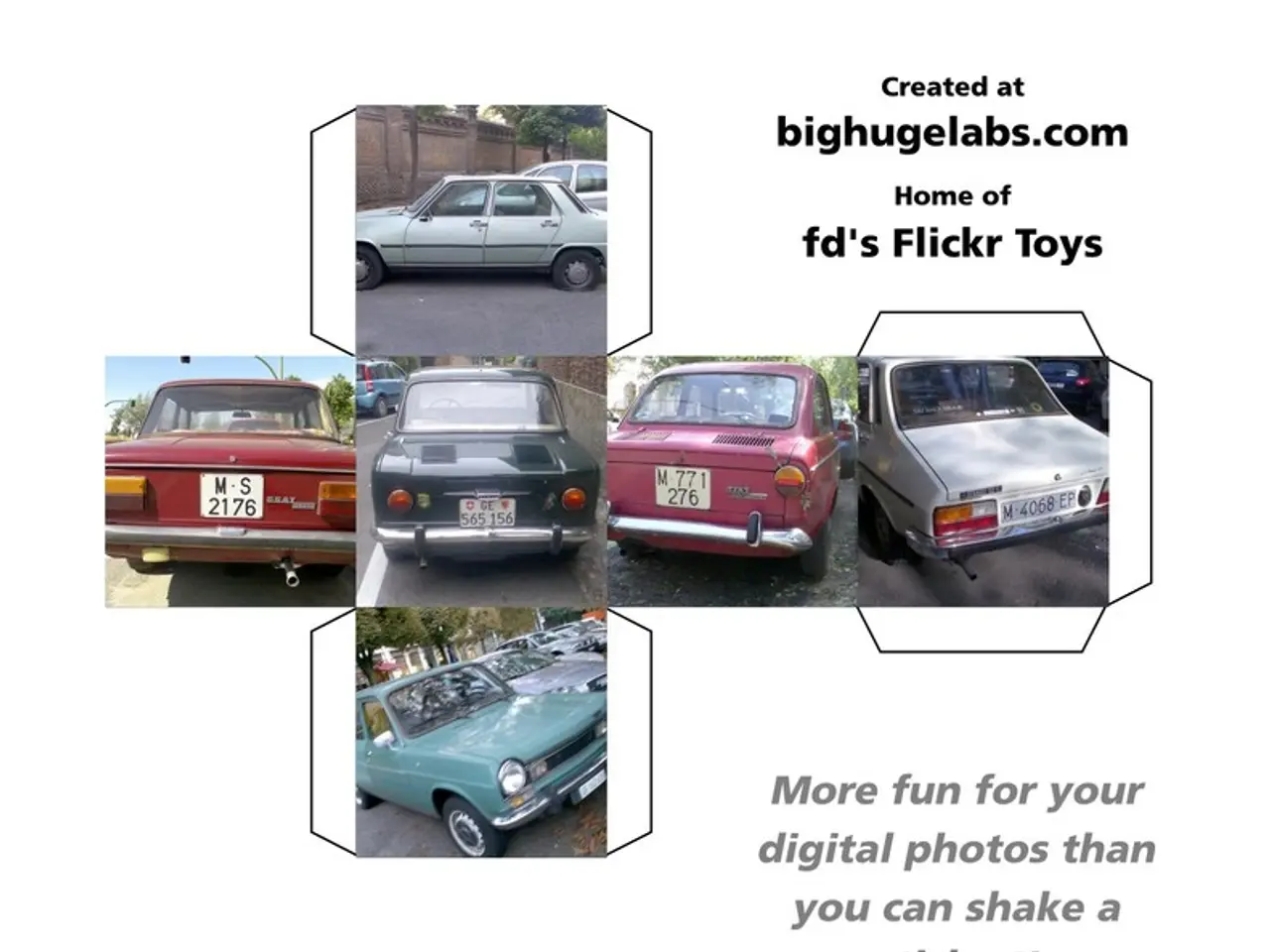Prioritizing ease and comfort is the mantra for today's international auto purchaser, report indicates
Hybrid Cars Lead the Way in Global Transition Towards Sustainable Transportation
The automotive industry is witnessing a significant shift towards sustainable transportation, with initiatives like the Paris Agreement, SBTi, and EV100 pushing for rapid change. Amid this transition, hybrid electric vehicles (HEVs) are setting records and leading the charge, as evidenced by Toyota's sale of 3.44 million HEVs in 2023.
The growth of the hybrid car market is not primarily driven by range anxiety, a common concern among potential electric vehicle buyers. Instead, it is primarily fueled by consumer demand for efficient, versatile vehicles amid transitional market conditions.
Hybrid vehicles offer a balance between conventional internal combustion engines and electric power, providing extended range, lower emissions, and avoiding the range anxiety common with battery electric vehicles (BEVs). This versatility is appealing, especially in major markets like the U.S., Japan, and China, where hybrids constitute core demand and smooth the transition towards full electrification.
Regulatory drivers also play a significant role in the growth of the hybrid market. Strict emission reduction targets, such as the EU7 regulation in Europe, compel manufacturers to offer cleaner vehicles. Hybrids are a key transitional solution because they reduce emissions without completely abandoning combustion engines, helping automakers meet near-term targets cost-effectively.
SUVs, which currently make up over 50% of global vehicle sales, are increasingly offered as hybrids due to their combination of extended range, cargo space, and advanced features. This segment’s growth supports hybrid sales outpacing BEVs and plug-in hybrid electric vehicles (PHEVs) in several markets.
Leading manufacturers like Toyota report record global sales driven by hybrid models and have increased production agility to meet this demand. Toyota, in particular, has expanded hybrid exports, notably contributing to growth in markets like Japan, the U.S., and China despite geopolitical uncertainties such as tariffs.
While the anticipated EV boom is not materializing as quickly as expected, causing manufacturers to reassess the pace of their BEV development, hybrids continue to thrive. The year-on-year growth of the hybrid car segment was 30%, exceeding the combined growth rate of 28% for both BEVs and PHEVs.
However, the transition from Internal Combustion Engine to Battery Electric Vehicle is expected to be gradual. Many countries are shifting away from heavy subsidies for BEV acquisitions, removing both the financial incentive and the psychological nudge towards BEVs. Modern BEVs can charge a car from 10% to 80% of their capacity in 30 minutes, but concerns about long waiting lines and malfunctioning chargers persist.
In summary, hybrids are experiencing significant growth globally because they effectively bridge the gap between conventional vehicles and full electrification, supported by consumer preference, regulatory requirements, and OEM production strategies in major car markets worldwide. As we move towards 2030, the journey will be far from straightforward, but the growth of the hybrid market suggests a promising path forward for sustainable transportation.
[1] Toyota sets hybrid electric vehicle sales record in 2023 [2] Global Hybrid Car Sales Surge, Outpacing BEV and PHEV Growth [3] Hybrid Cars: The Surprising Key to the Future of the Automotive Industry [4] The Role of Hybrid Cars in Transitioning to a Sustainable Transportation System [5] Toyota Expands Hybrid Exports to Drive Growth in Major Markets
- Amidst the growth of the hybrid car market, it's evident that technology plays a crucial role in the development of these vehicles, with advances in battery technology enabling improved efficiency and range.
- In the realm of finance, the success of hybrid cars is also impacting the global sports industry, as increased sales contribute to rising revenues for automotive sponsorships, including motorsports events like Formula One.




